Restaurant Tramo in Madrid embraces a more responsible future, bite by bite
Restaurant Tramo, co-designed by SelgasCano and Andreu Carulla, is an exercise in eco-conscious gastronomy and hospitality
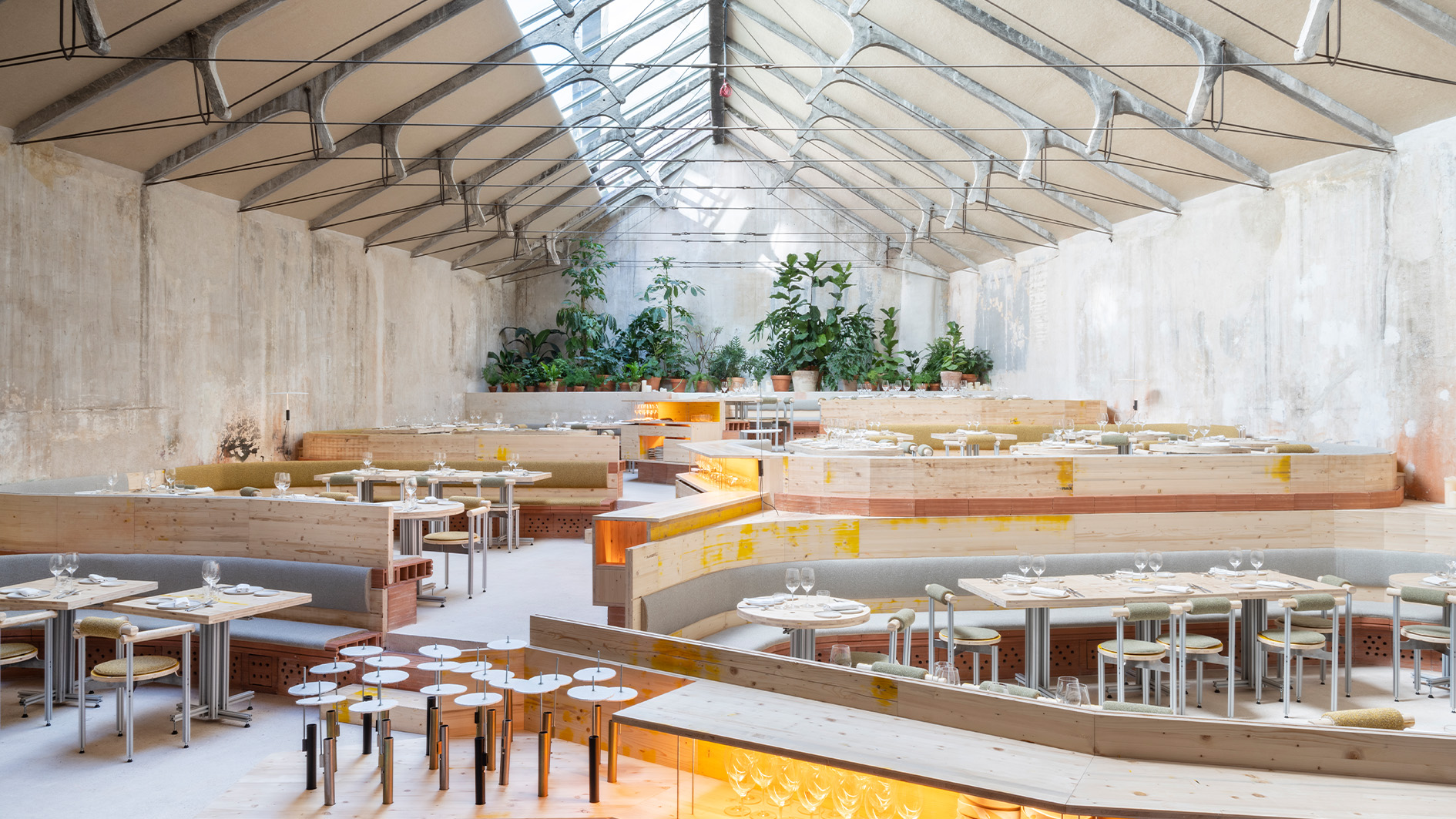
Receive our daily digest of inspiration, escapism and design stories from around the world direct to your inbox.
You are now subscribed
Your newsletter sign-up was successful
Want to add more newsletters?

Daily (Mon-Sun)
Daily Digest
Sign up for global news and reviews, a Wallpaper* take on architecture, design, art & culture, fashion & beauty, travel, tech, watches & jewellery and more.

Monthly, coming soon
The Rundown
A design-minded take on the world of style from Wallpaper* fashion features editor Jack Moss, from global runway shows to insider news and emerging trends.

Monthly, coming soon
The Design File
A closer look at the people and places shaping design, from inspiring interiors to exceptional products, in an expert edit by Wallpaper* global design director Hugo Macdonald.
Housed within the stark, concrete walls of a disused 400 sq m industrial garage, a new restaurant in Madrid is provoking diners to consider the function, provenance and durability of materials. Located in the Prosperidad neighbourhood, Tramo is an exercise in eco-conscious, low-energy design – and its gastronomy offers plates up a similar taste of all things slow and responsible.
Restaurant Tramo blends classic 1950s Madrid architecture with a conscious design ethos
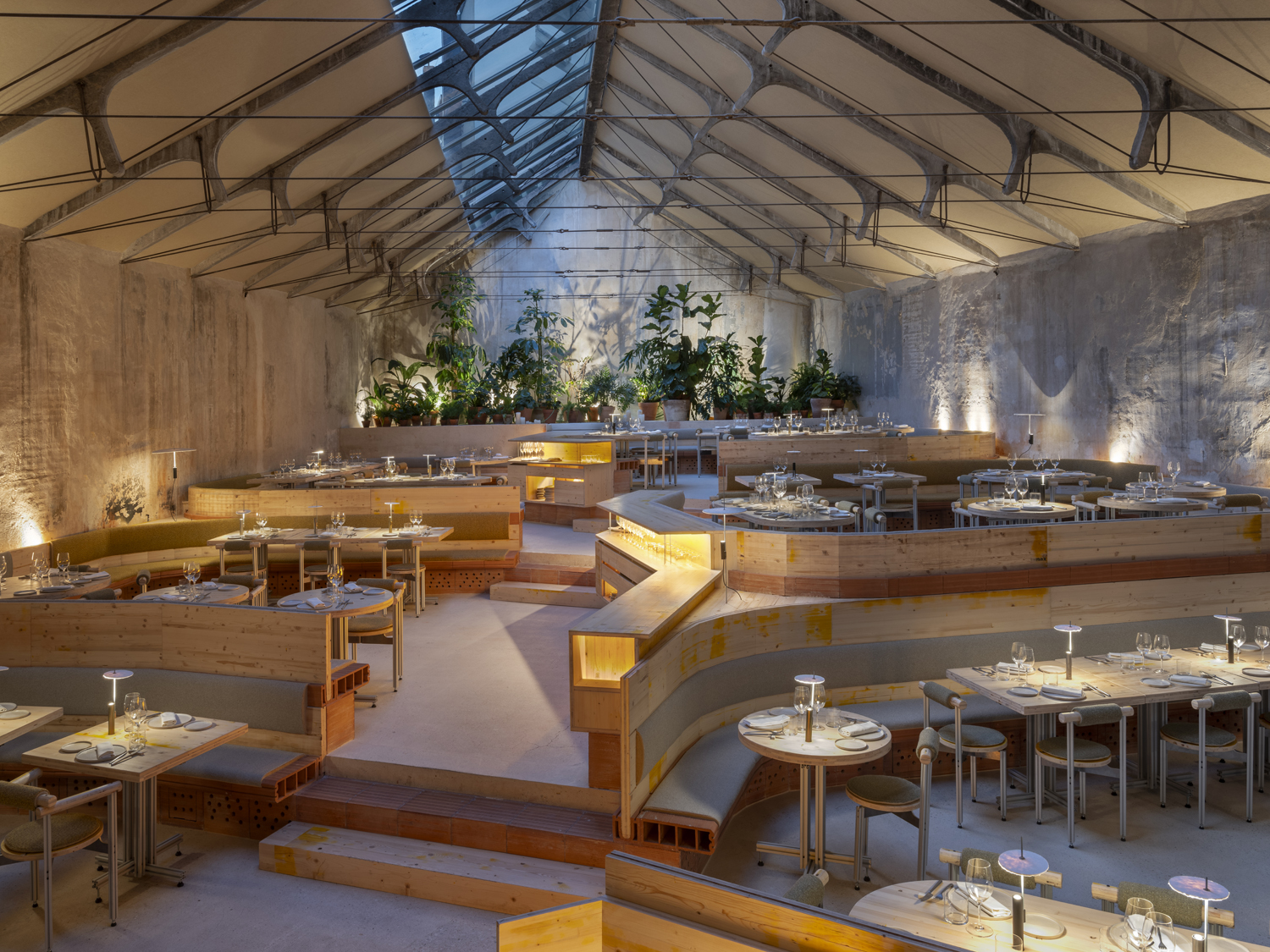
At eight metres high, the original gabled roof – consisting of slender cement beams suspended by steel rods – remains in place, its skylight illuminating the dining hall naturally. This structure – low-cost and long-lasting – was typical of 1950s Madrid architecture, explain Tramo’s architects at SelgasCano studio, known in London for their 2015 Serpentine Pavilion and the Second Home offices.
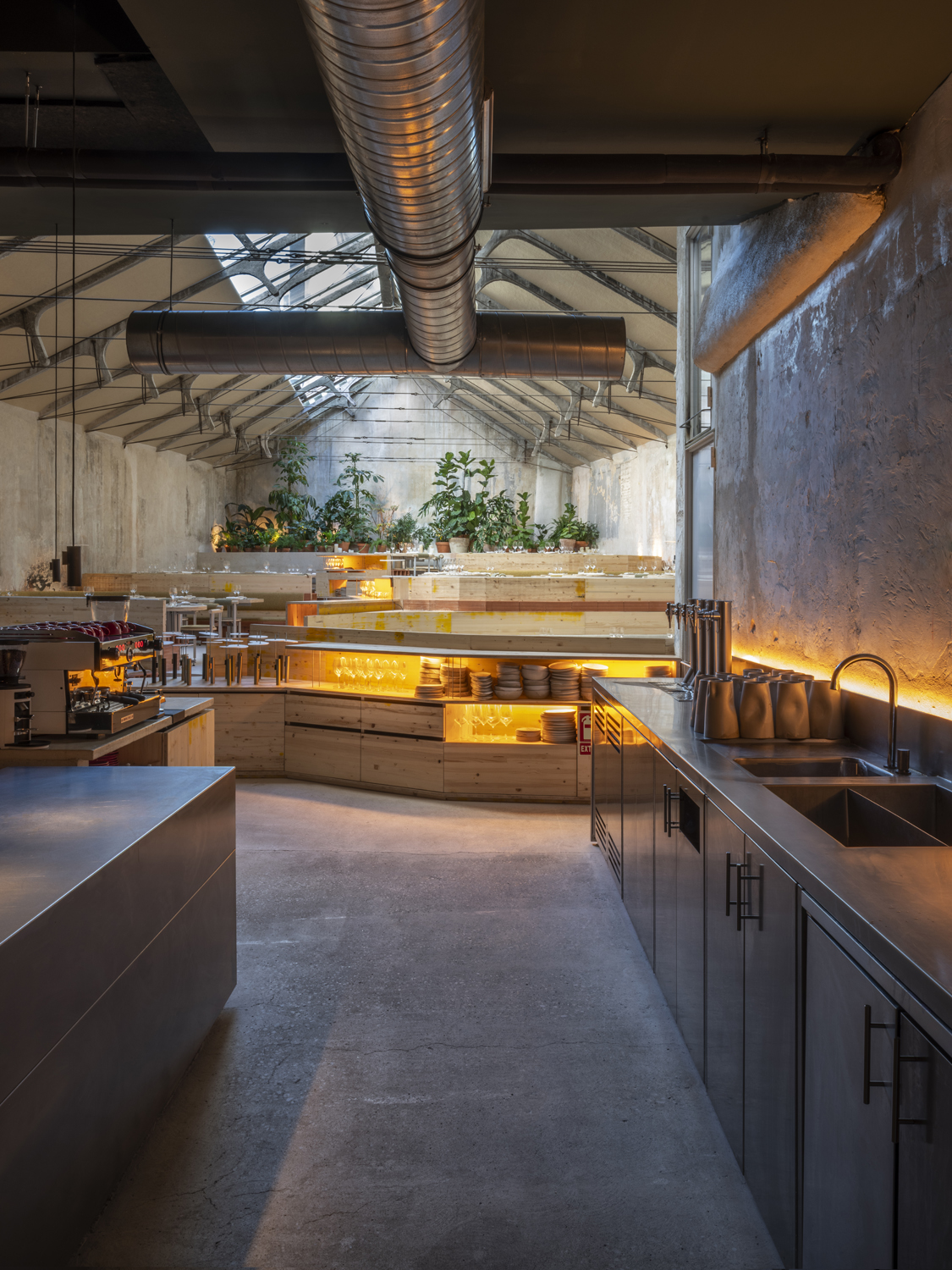
While vast and voluminous overhead, the multi-levelled platforms on the restaurant’s floor delicately break up the otherwise open, unwalled space. Here, diners enjoy seasonal dishes from small suppliers – and if the tiered layout provides an auditorium effect, the open kitchen forms the stage. ‘We created smaller, welcoming areas,’ says Lucía Cano, one half of the architect duo, ‘generating different notes and circulations, in contrast with the angular industrial unit.’
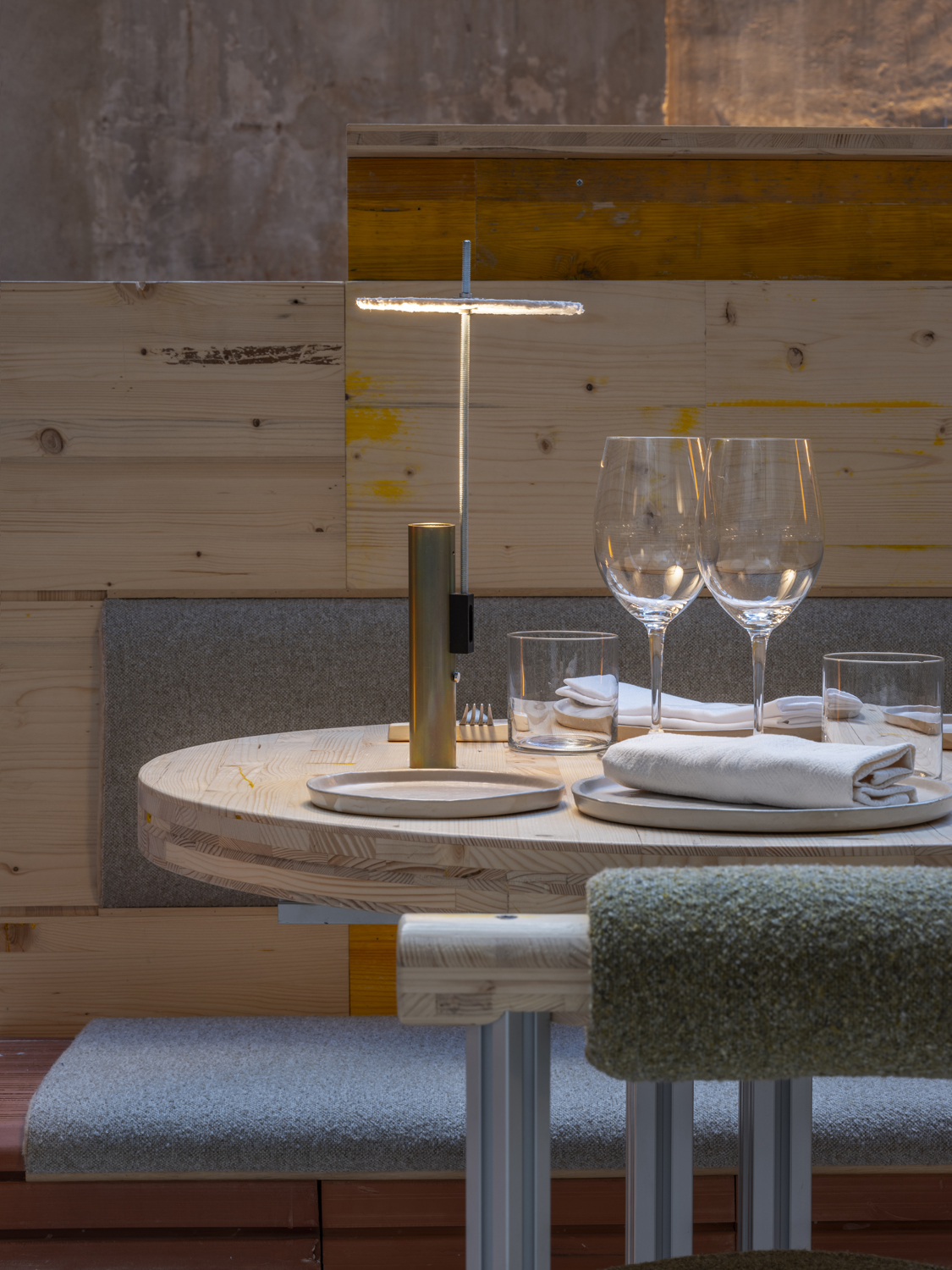
Among the passive, geothermal and aerothermal systems that regulate the temperature is a three-metre-deep underground installation of earth tubes, where air circulates at 18 degrees. ‘The idea is for the space to renew from the inside,’ says Catalan designer Andreu Carulla, who created a network of ceramic passages through which the air is propelled into the restaurant - and they double up as the benches on which diners sit.
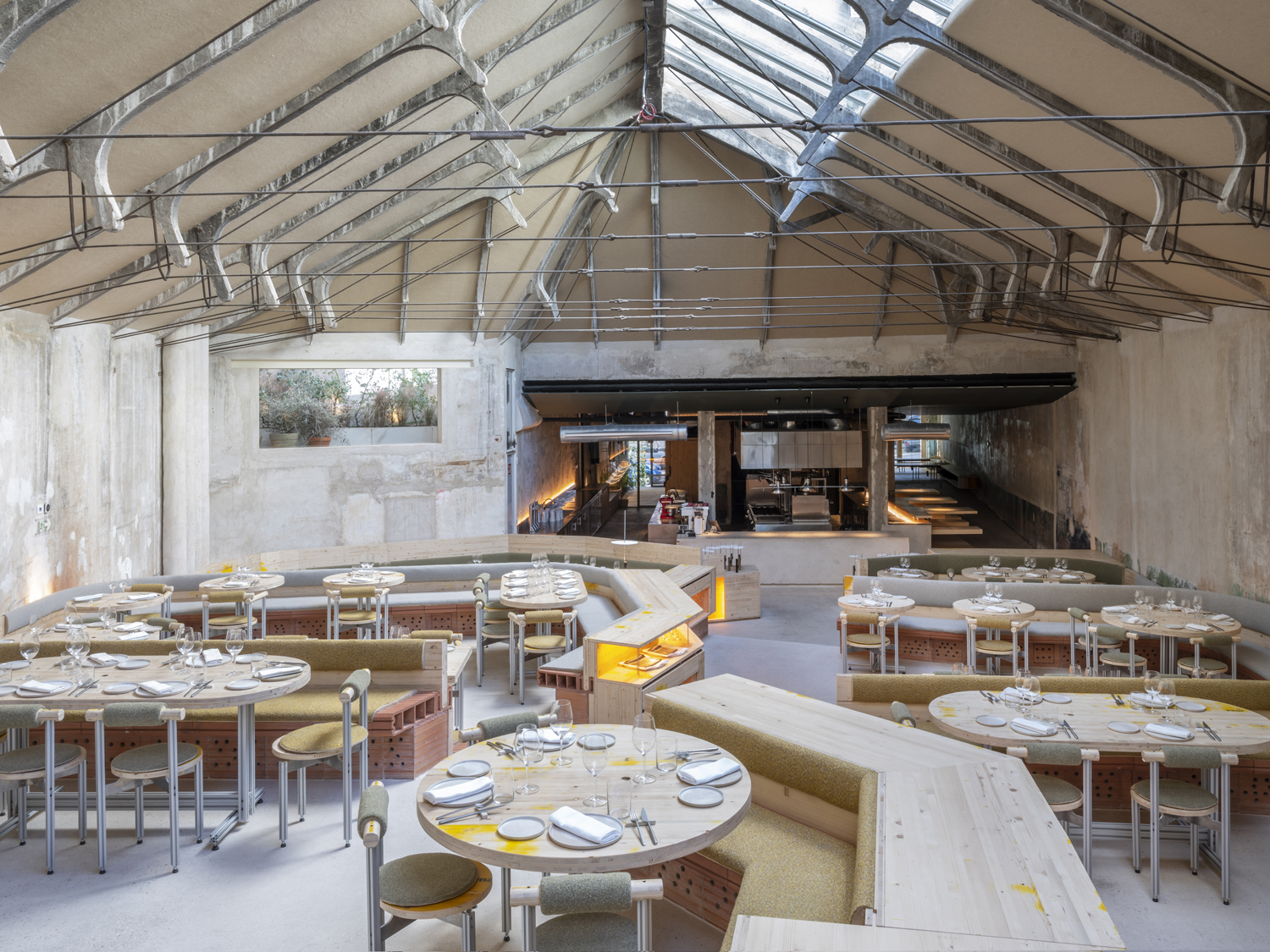
Made up of over a thousand individual, made-to-measure clay blocks, these ceramic benches exemplify Carulla’s fondness for modular design, which he explains reduces wastefulness by creating objects that are easy to repair, replace or improve. The philosophy also lends Tramo (Spanish for ‘section’ or ‘segment’) its name.
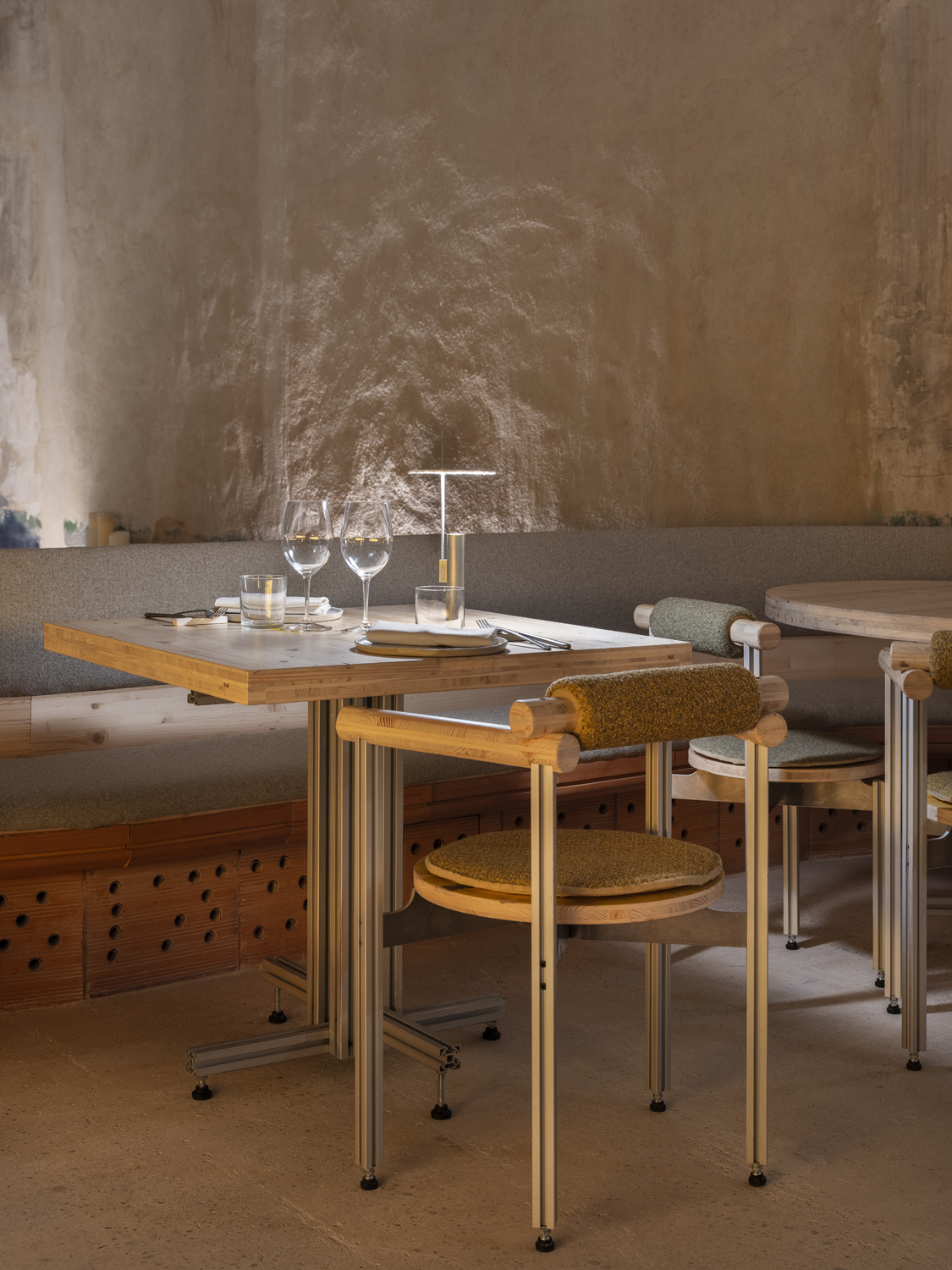
From reclaimed wood to recycled aluminium, the materials used here have long and multiple lives. The fabric in the seating is made of recycled fibre, while the cushions use material left over from the ceiling’s thermo-acoustic lining. Portable LED torches recharged using energy from the roof’s solar panels include light diffusers made of organic cotton paper, while earth dug out for the underground heat exchanger has been used to craft the restaurant’s plates and bowls.
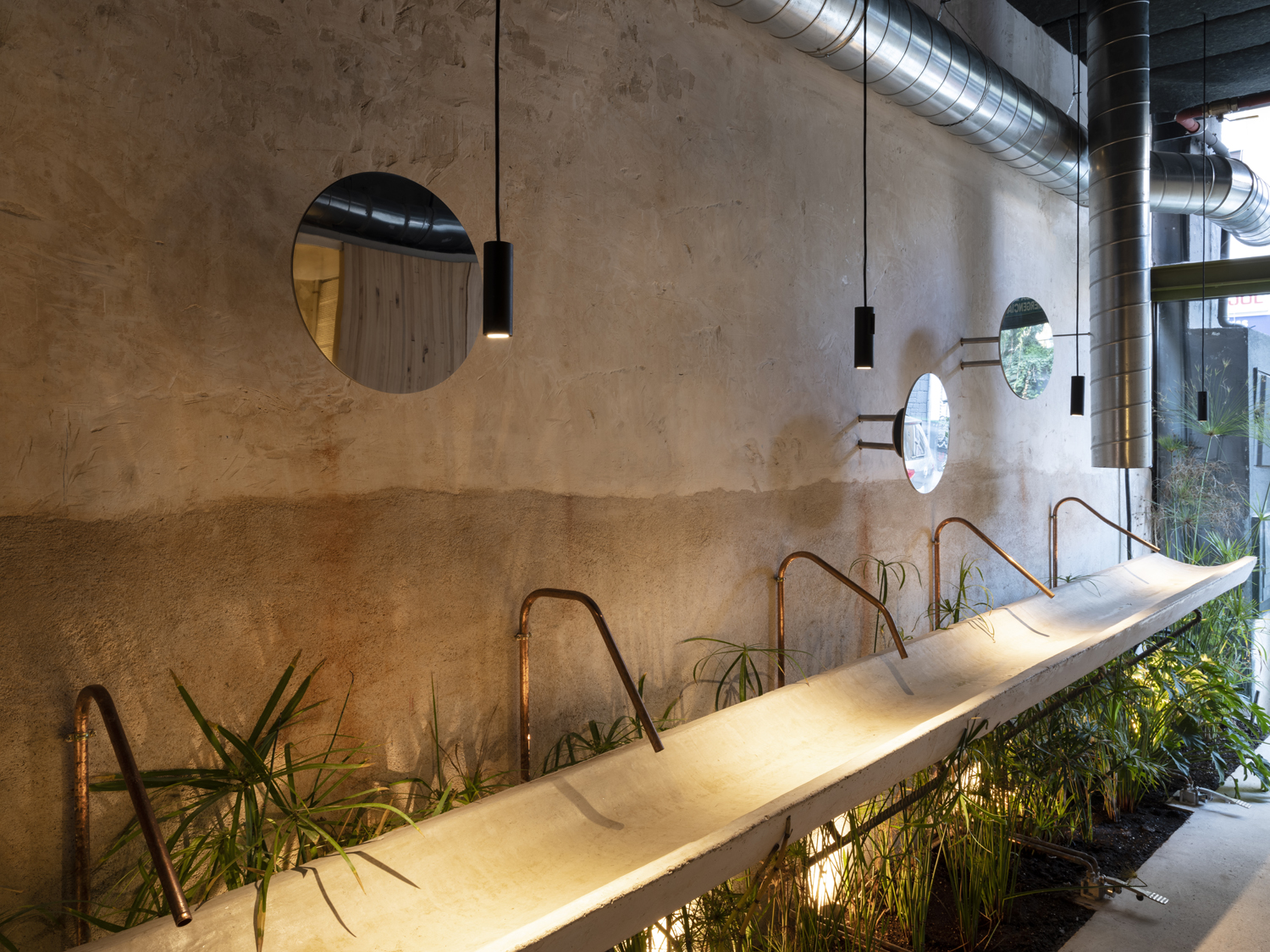
Dishes served on this crockery include freshly caught lobster from Valladolid, organic vegetables from Cáceres, wild sea bass from the Canary Islands and grass-fed beef from regenerative farmers in Ávila. Apart from the coffee and the chocolate, Tramo’s menu only features produce from Spain, while also celebrating age-old, family-run trades like artisanal cheesemaking.
Receive our daily digest of inspiration, escapism and design stories from around the world direct to your inbox.
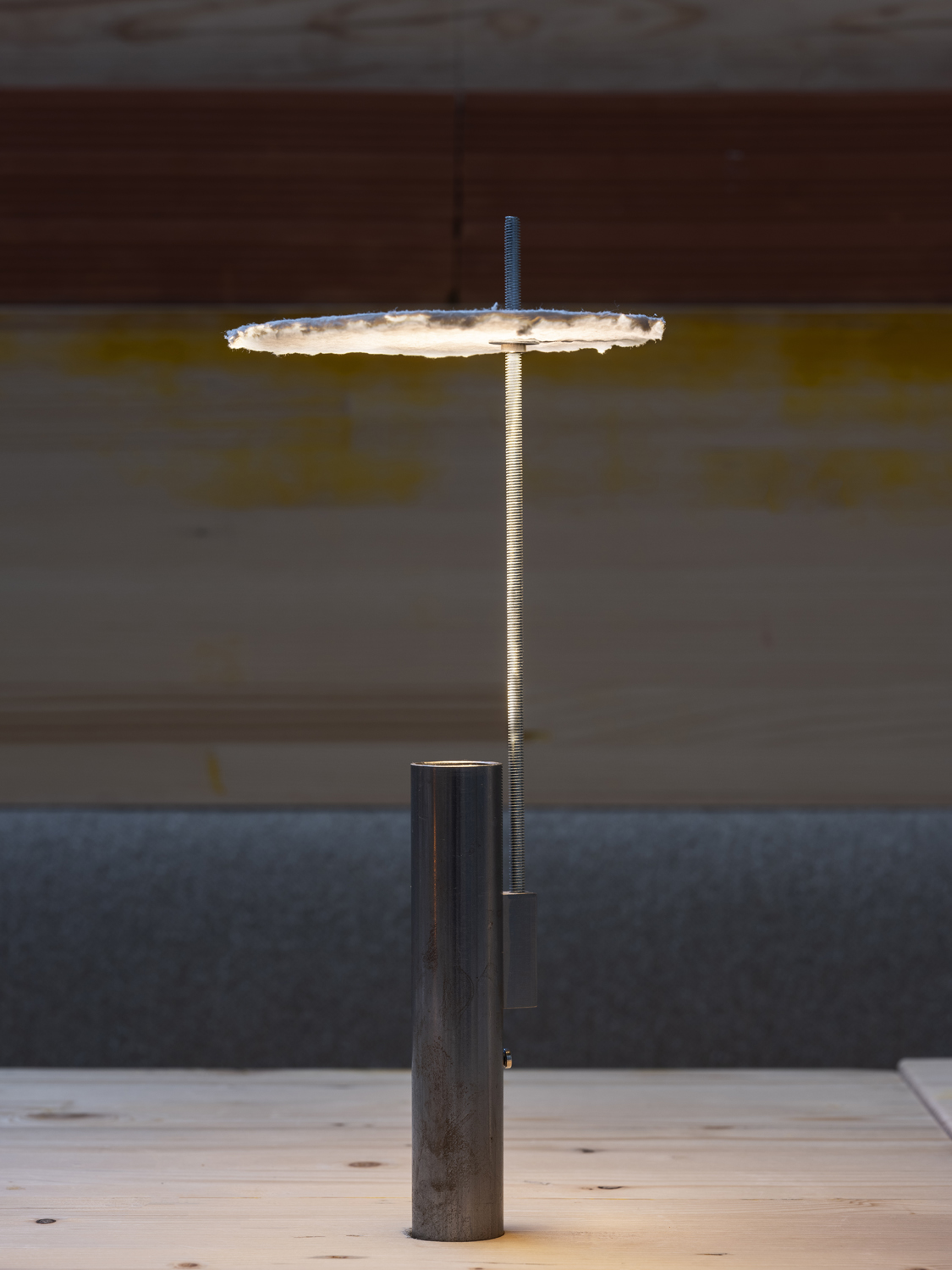
Rául Sánchez Aguirre, overseeing the culinary operations, says a similar ethos governs both cuisine and design. ‘Everything must be functional, high-quality, natural and local,’ explains the chef. ‘We’re getting as much as possible out of materials and produce, without anything superfluous.’
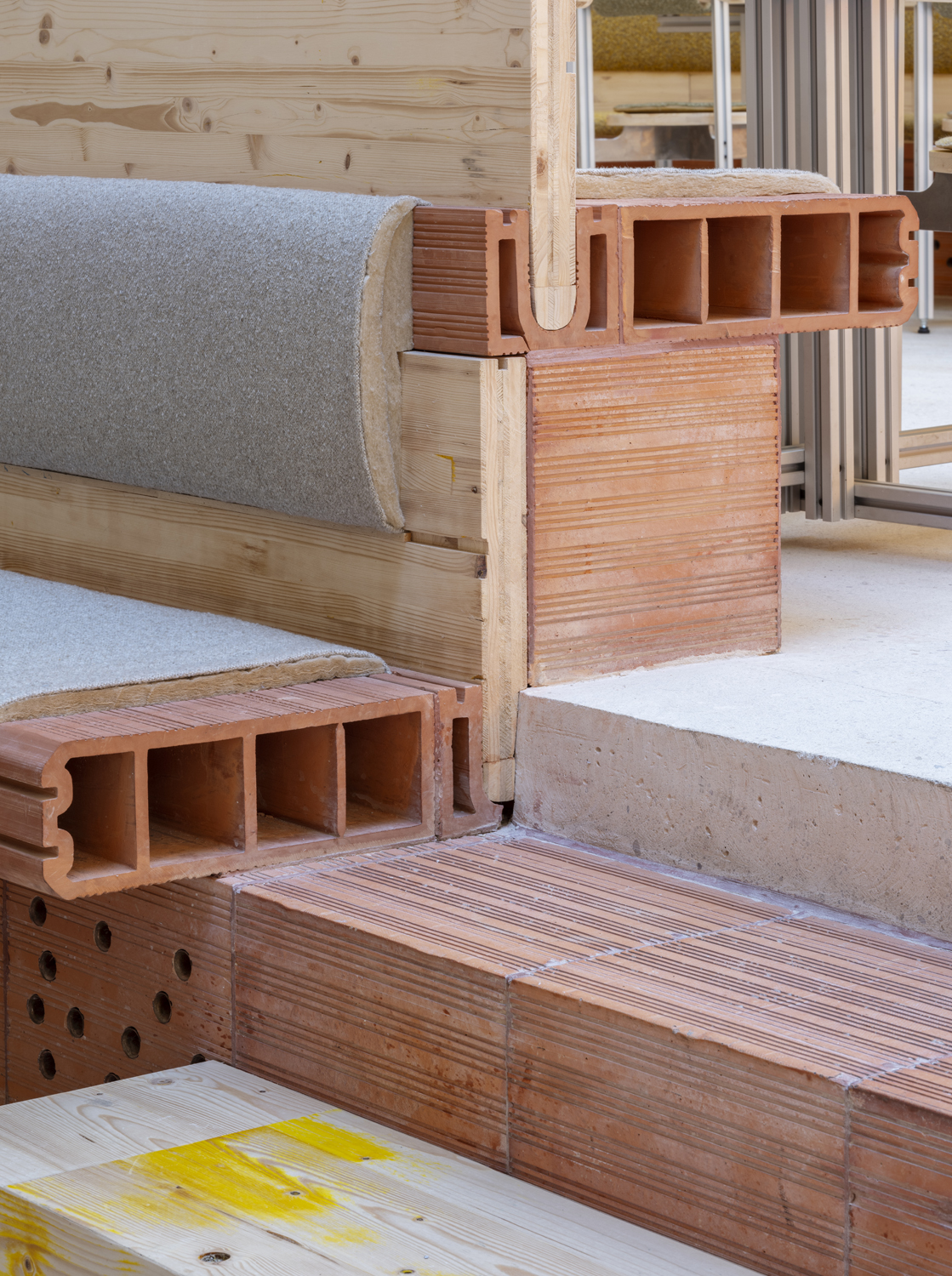
Agnish Ray is a travel and culture writer based in Madrid. Aside from Wallpaper*, he covers Spain for publications like The Guardian, The Times, The Telegraph, Financial Times, Conde Nast Traveller, Sleeper, Elephant, Kinfolk and others. Agnish has also worked as a strategist in the arts sector and as an adjunct professor at IE School of Architecture and Design in Spain.